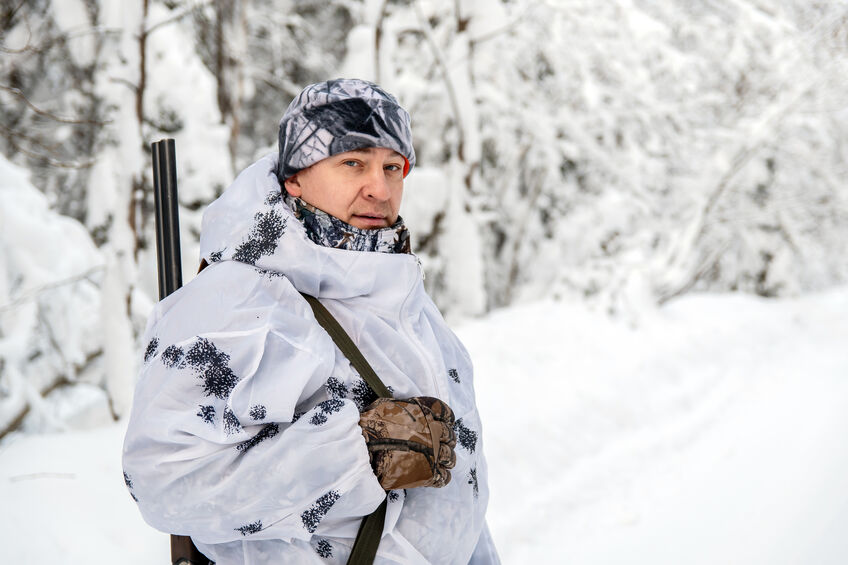
Tioga Boar Hunting is located in rural Pennsylvania, where the weather can be downright cold, especially in the winter months. Hunters who hunt in cold weather should know something about frostbite so they can avoid it.
Things to Know About Frostbite
What is frostbite? It’s an injury brought on by having your body exposed to very cold temperatures. With frostbite, body tissues in an affected area freeze. This is similar to getting burned. The body will experience cell damage. Frostbite can affect any part of the body that’s exposed to freezing cold temperatures for too long a time period. For hunters and others who spend a lot of time outdoors, extremities such as the ears, nose, cheeks, fingers and toes are often the main body parts experiencing frostbite. Why are those extremities susceptible? When it’s freezing cold outside, the body wants to preserve heat so it prioritizes keeping the core warm so the extremities don’t get as much blood flow. Yikes!
Frostbite isn’t pretty. Typically the skin turns red and becomes cold to the touch. Then it may go numb. Ice crystals can literally begin to form within your skin as it begins to freeze, and this can cause permanent damage to affected tissues. During this stage of “superficial” frostbite, your skin might actually feel warm, as well as stinging, and may appear white or show signs of fluid-filled blisters. Deeper frostbite is worse– the skin will feel numb, large blisters can form, and the tissue can turn black and hard as it dies– you don’t want that!
If you think you might be experiencing frostbite while hunting then it’s important to do whatever you can to re-warm the affected skin. One odd but helpful way to warm your hands or feet would be to put them in the armpits of a friend– yes it sounds weird, but it works.
When hunting, you’ve got to be prepared for cold conditions. That means dressing properly and in a warm way. Wool socks are good. Neck gaiters and hats help. You can do some online research to help figure out what’s best to wear for hunting in extremely cold conditions. Ideally, you want to avoid frostbite!
